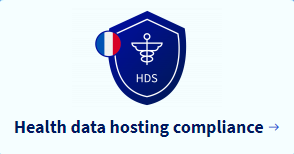Welcome to the new season!
As your trusted partner, Clinic Software CRM is here to help you bring more clients and appointments to your clinic, spa or salon. With our cutting-edge online CRM SAAS software, managing your business has never been easier.
We understand that running a business can be overwhelming at times, which is why we are dedicated to providing you with tools and support to streamline your operations and boost your success.
Let us take this opportunity to apologize for any inconvenience caused in the past and assure you that we are committed to making things right for you moving forward. Our goal is not only to meet but exceed your expectations every step of the way.
To discover how Clinic Software CRM can revolutionize the way you manage your business and attract more clients, book a free live demo today! Trust us when we say - it's a decision you won't regret!










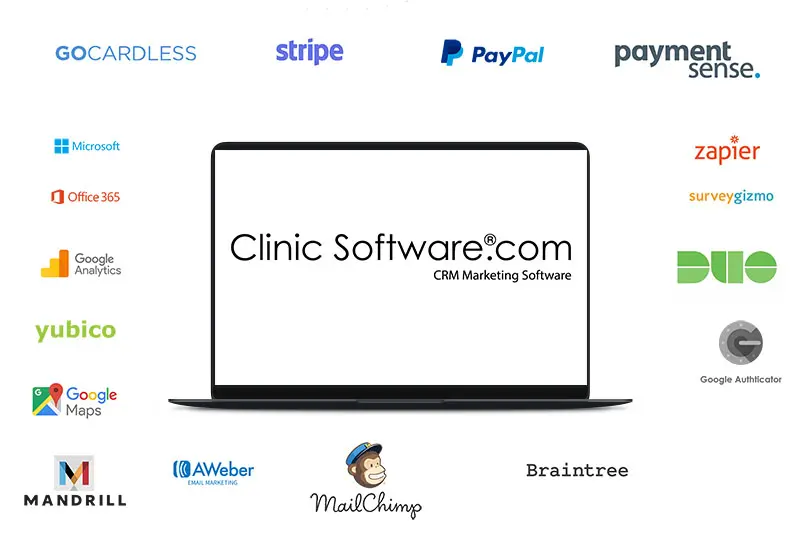


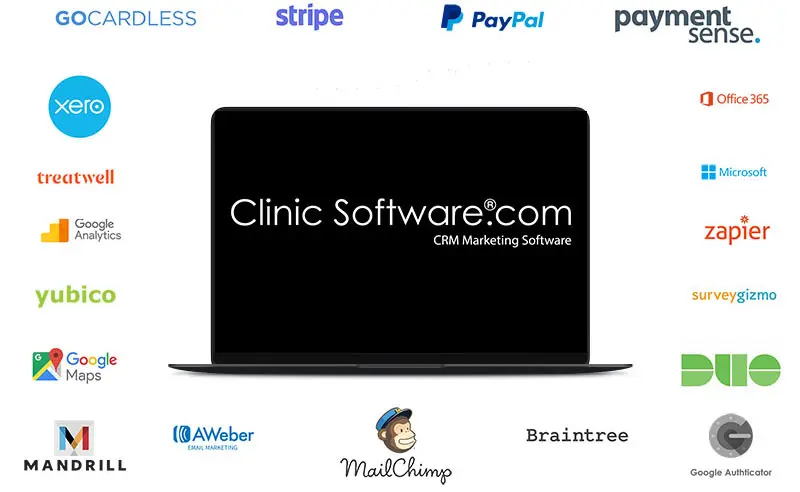
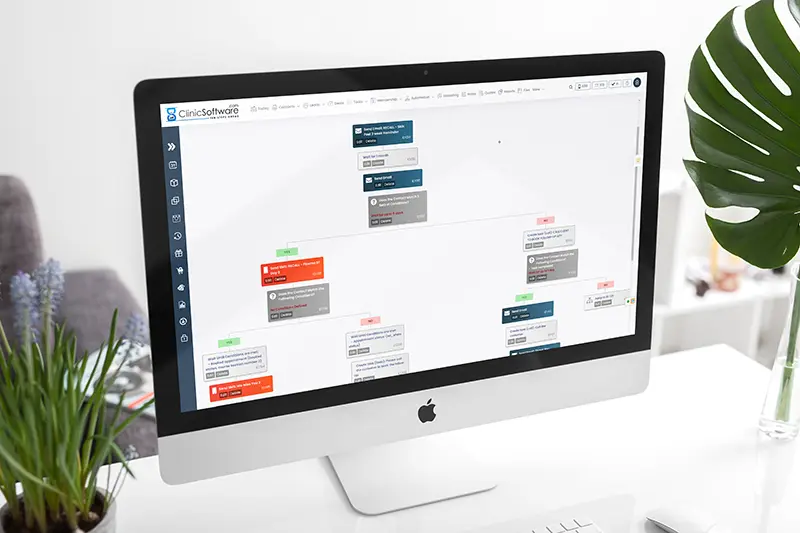
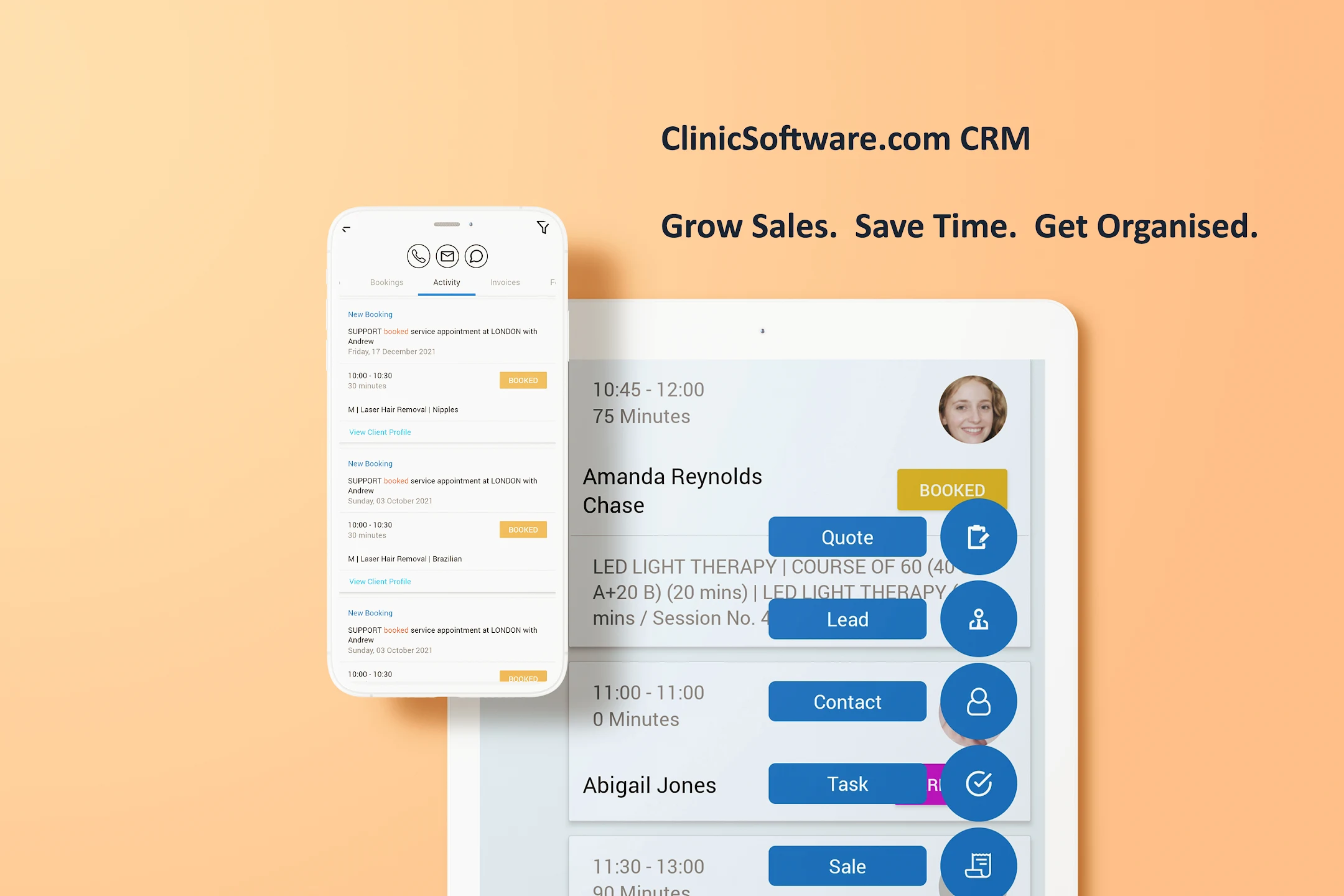

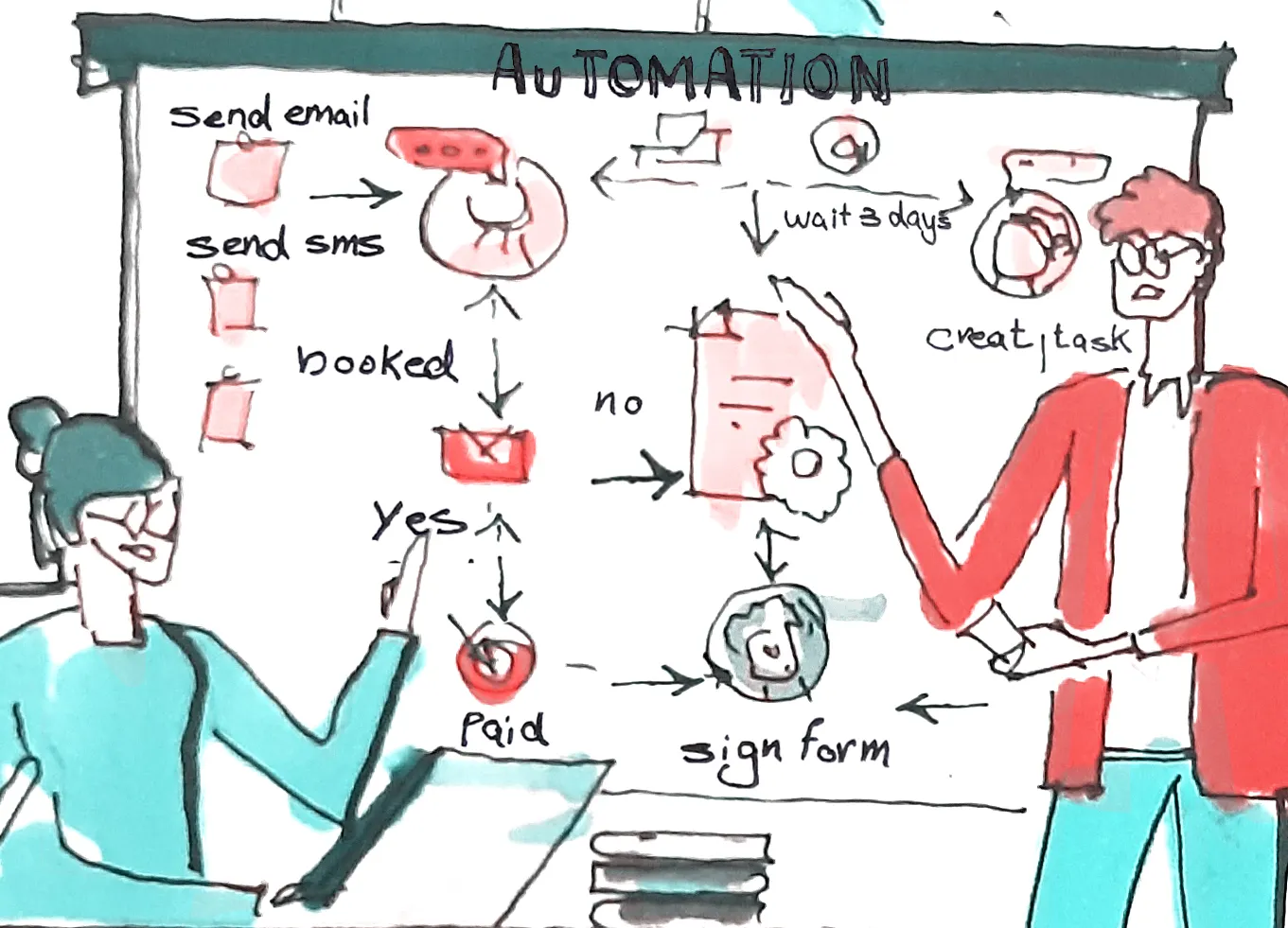
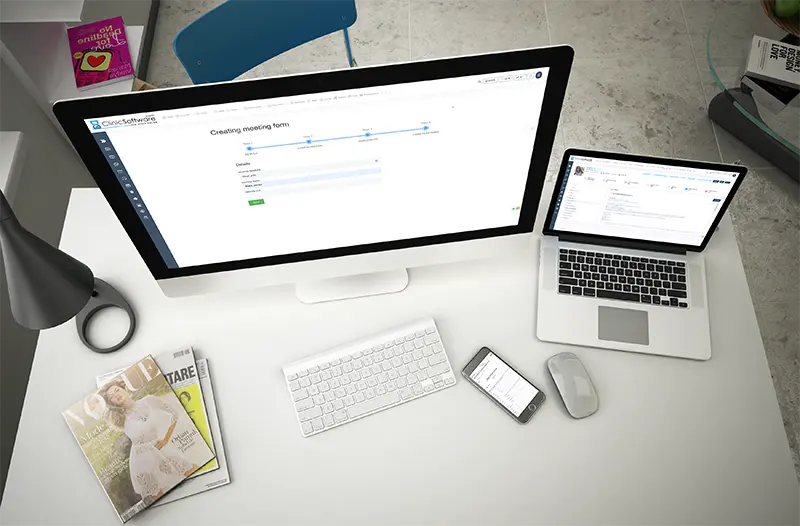


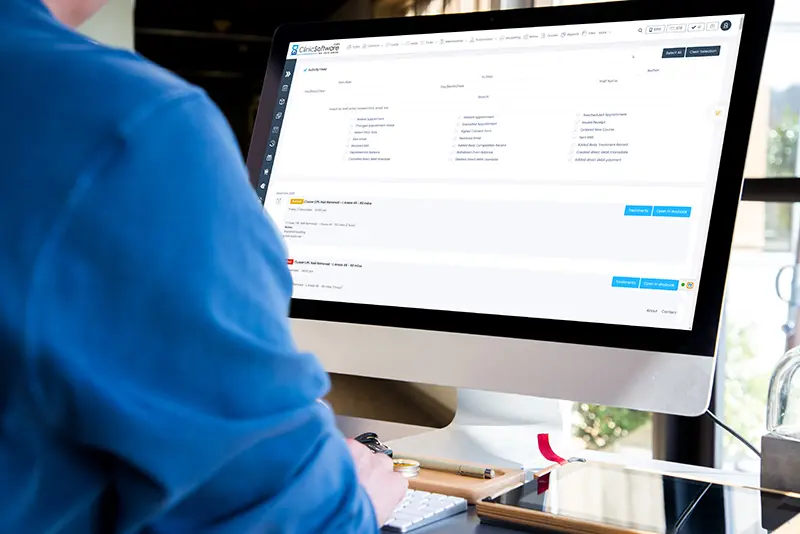
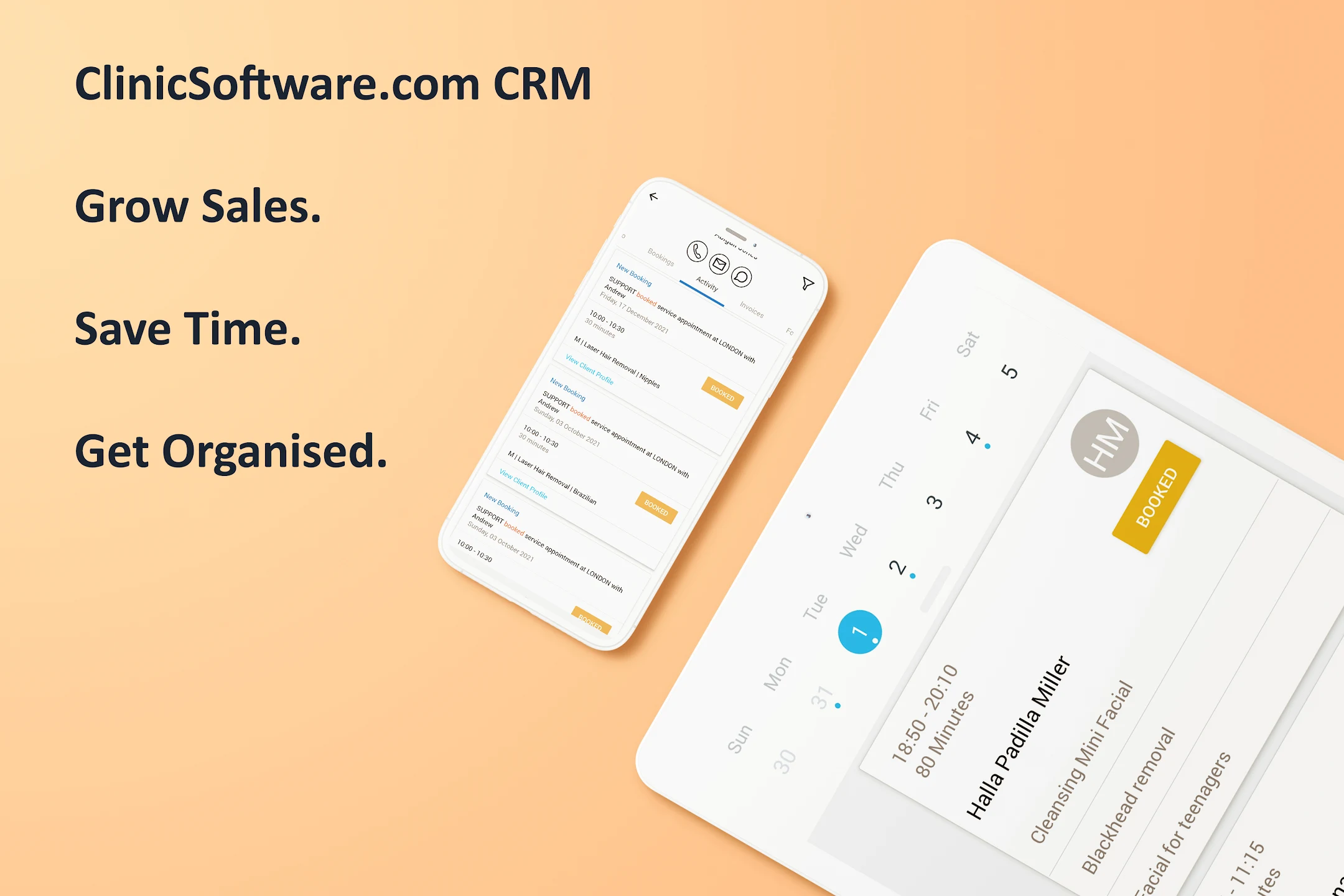
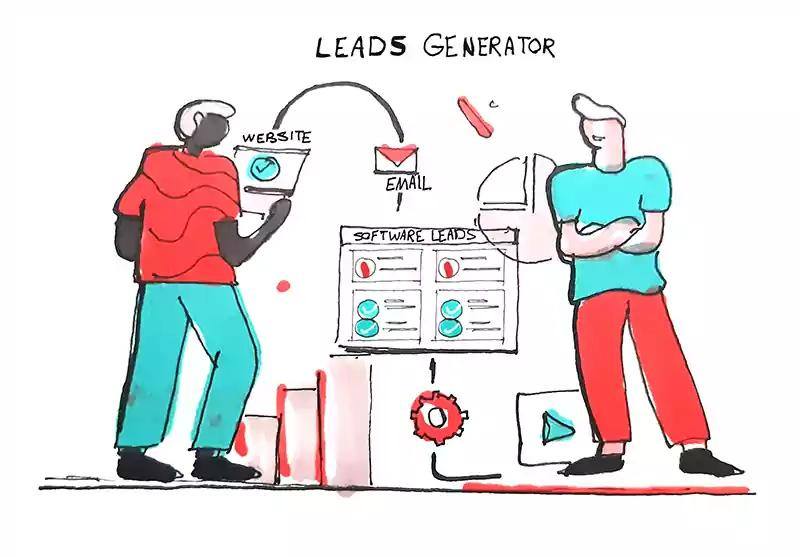

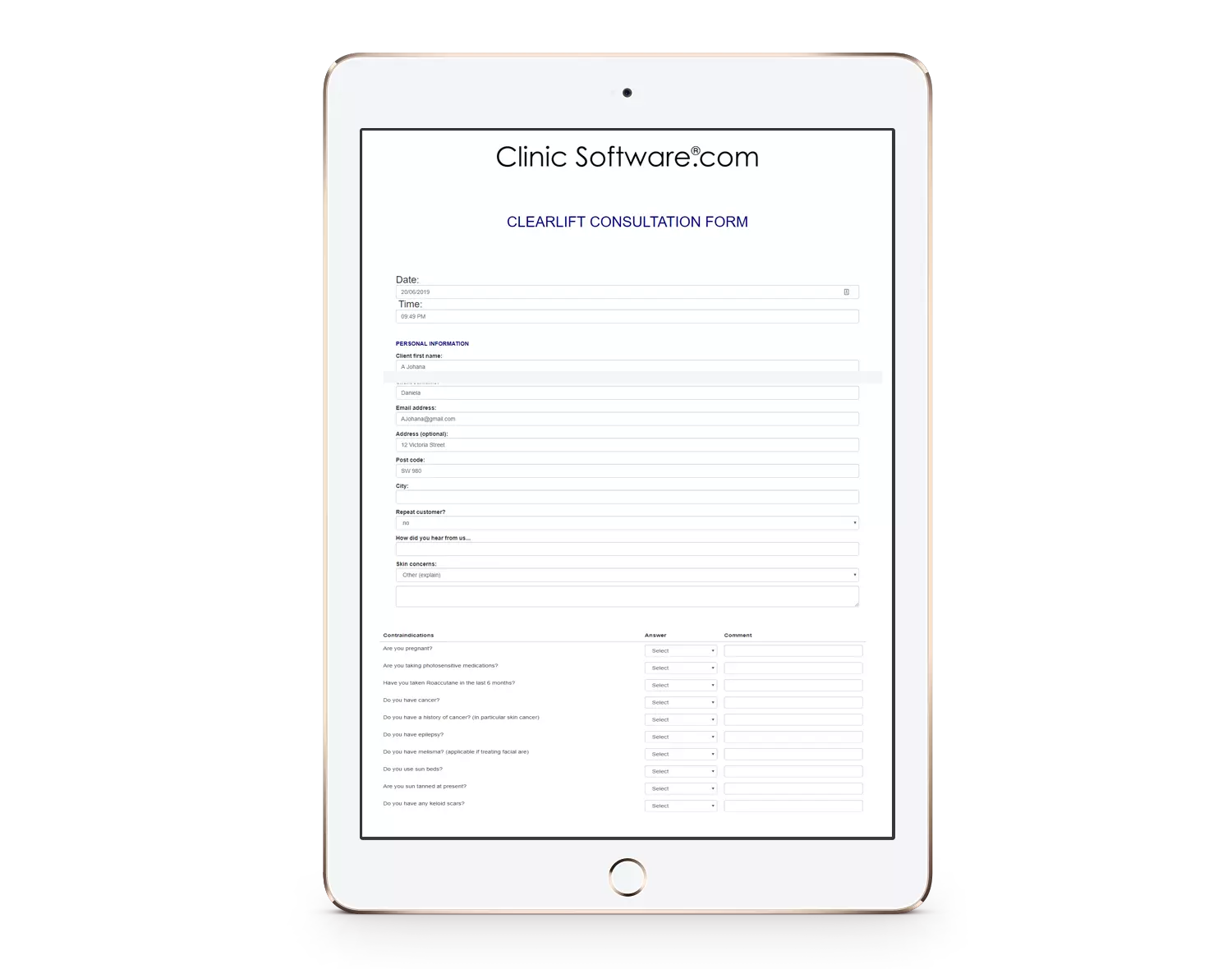





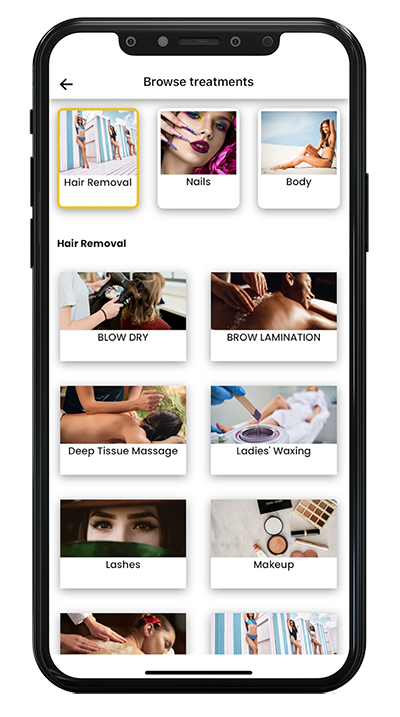



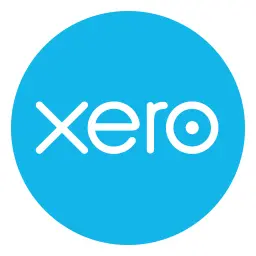










.png)


